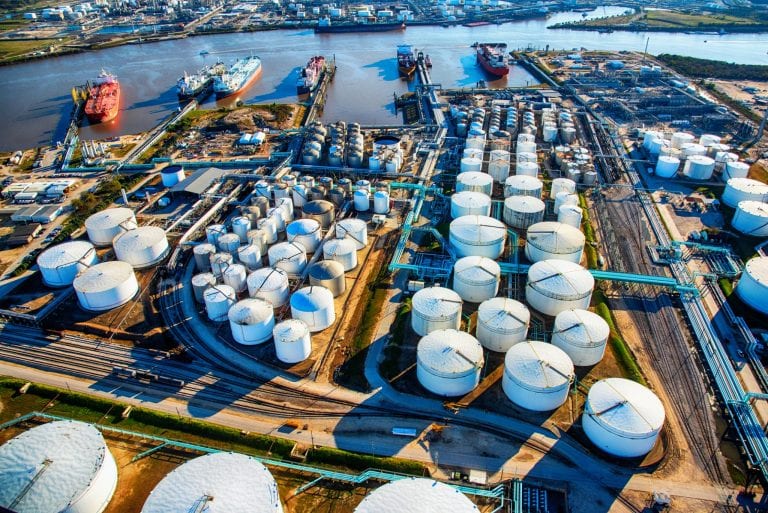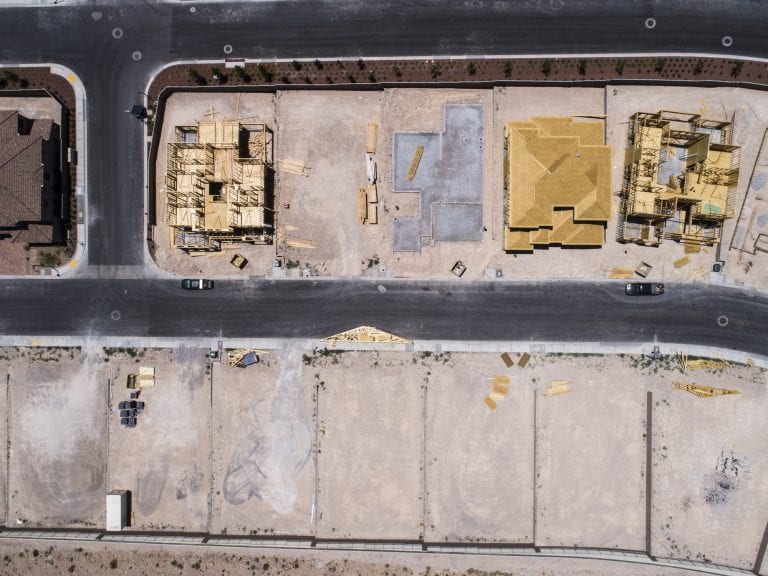
By Subcontractors USA News Provider
METRO’s Board of Directors has approved the adoption of the transit authority’s first-ever Climate Action Plan.
The plan, which charts a path to a more resilient and sustainable future, follows the framework of the Authority’s Sustainability Vision Statement approved by the Board last summer. It is also guided by the Federal Transit Administration’s Sustainable Transit for a Healthy Planet Challenge, which aims to support President Joe Biden’s goal to reduce U.S. greenhouse gas emissions by 50 percent or more by 2030.
Overview of the plan:
On April 22, 2021, President Biden announced an ambitious goal: for the United States to achieve a 50-52 percent reduction from 2005 levels in economy-wide net greenhouse gas (GHG) pollution in 2030.
On June 15, 2021, FTA launched the Sustainable Transit for a Healthy Planet Challenge to encourage transit agencies to build on progress already made and to further reduce GHG emissions from public transportation to support President Biden’s GHG reduction goal.
Transportation is a major source of GHG emissions in the United States, accounting for 29 percent of 2019 GHG emissions (EPA’s U.S. Greenhouse Gas Emissions and Sinks: 1990-2019). Public transportation plays an important role in reducing a community’s transportation GHG emissions through transportation and land use efficiencies.
Transit agencies are increasingly taking actions to reduce their own carbon emissions to further the GHG emission reduction benefits associated with public transportation. Public transit bus fleets are undergoing a dramatic shift toward transitioning to alternative fuel sources. In 2019, 18 percent of the nation’s bus fleet was hybrid-electric, from only 1 percent in 2005, and the number of electric buses continues to grow.
METRO’s Climate Action Plan outlines steps the Authority will take to transform day-to-day operations and business practices to increase sustainability, resiliency and reduce its carbon footprint. Implementation of goals listed in the plan has already begun. METRO has moved forward with the purchase of 20 full-size electric buses and 10 paratransit vans and will soon explore the use of vehicles powered by hydrogen fuel cell electric technology. It is part of the Authority’s commitment to meeting a 100 percent zero-emissions bus replacement goal by 2030.
For more information, please visit ridemetro.org.
Source(s):
Federal Transit Administration
Metropolitan Transit Authority of Harris County






